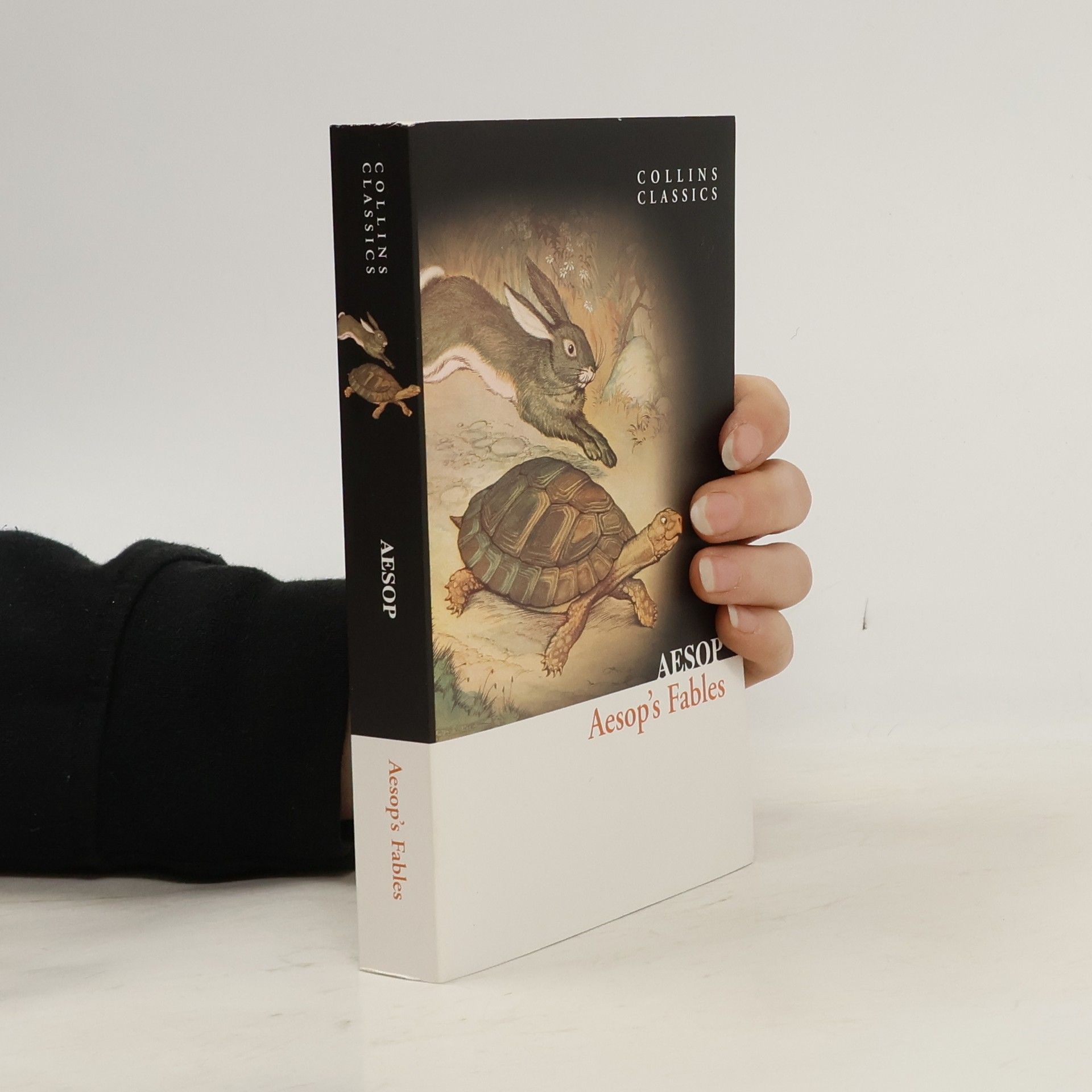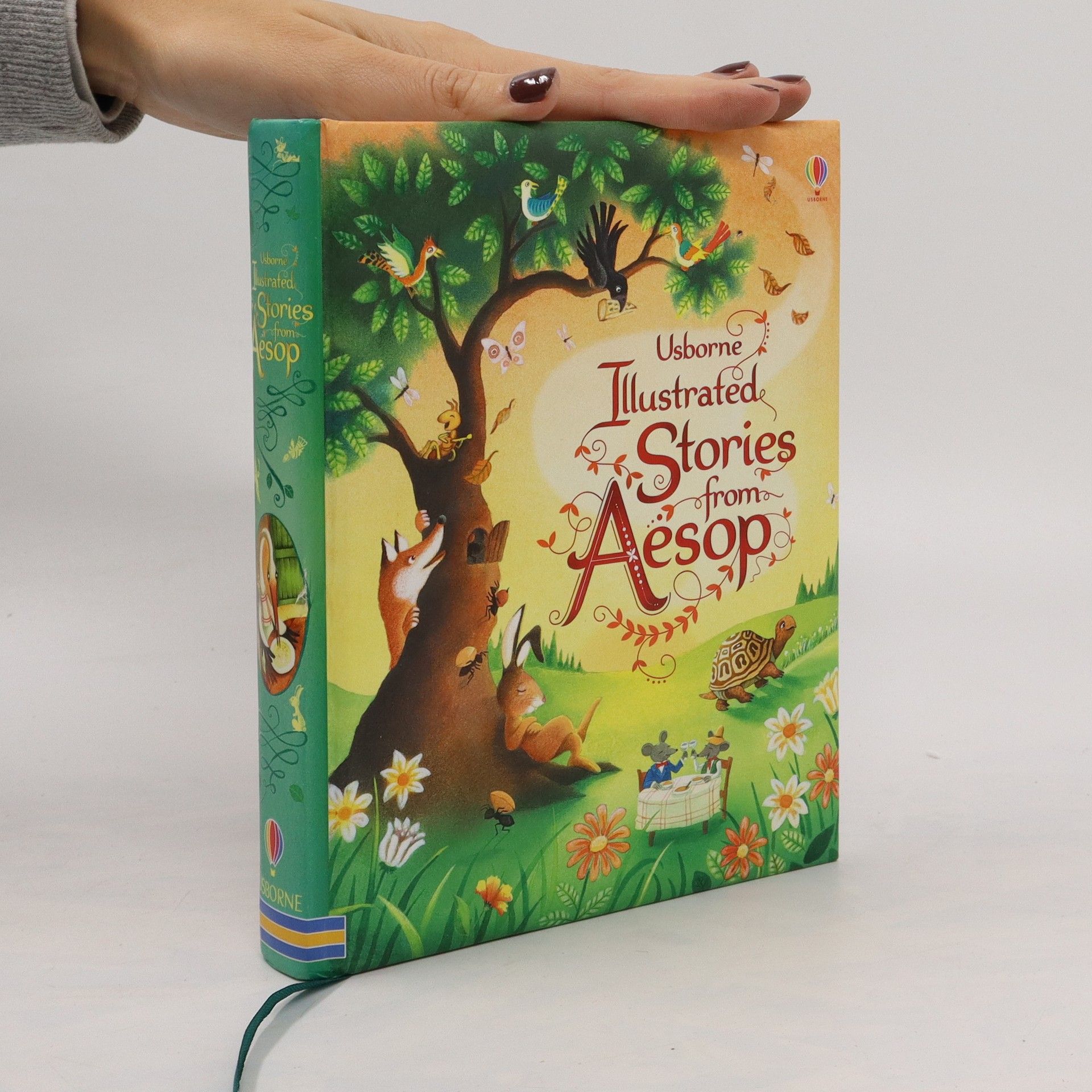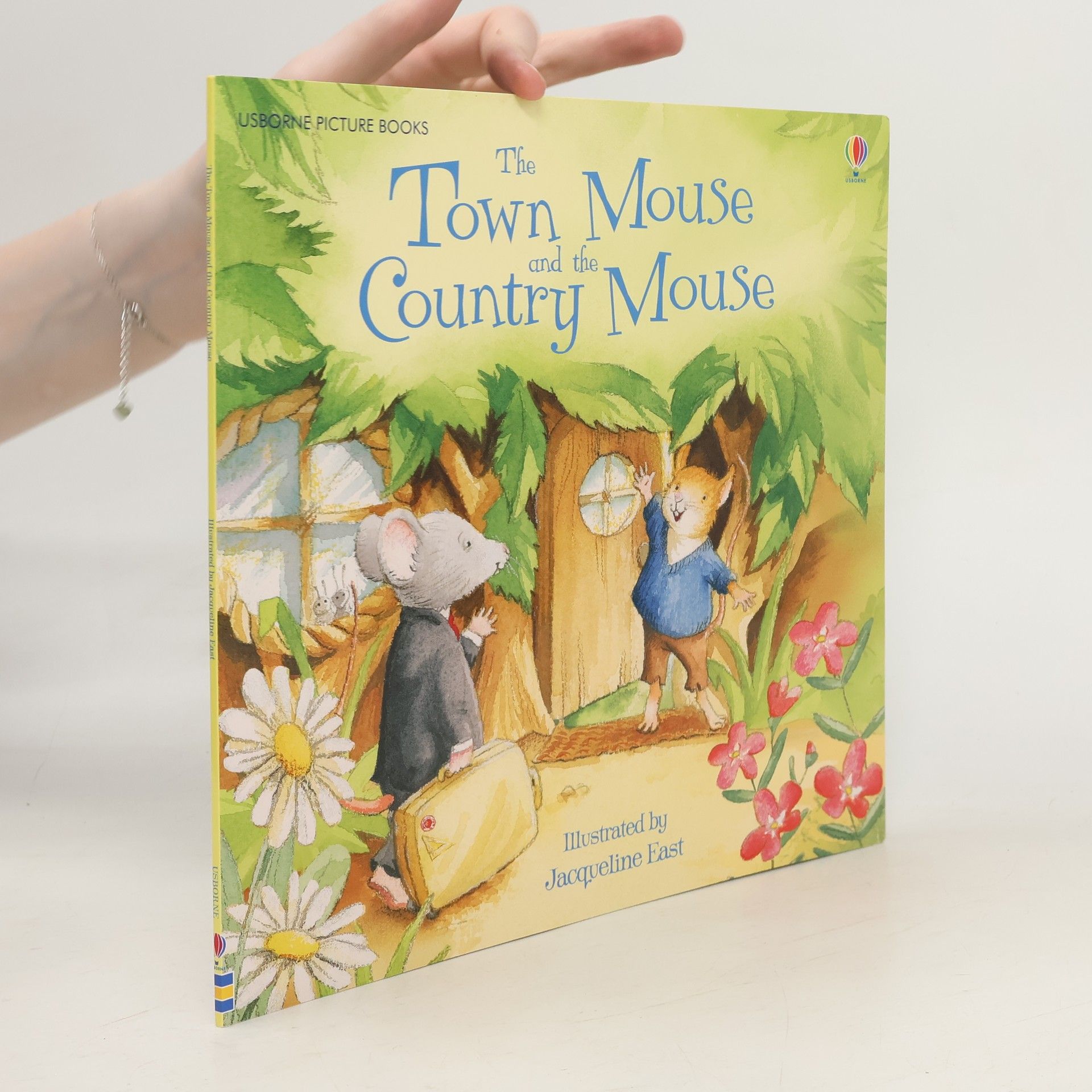The collection of Aesop's fables is illustrated by Giuliano Ferri and presented as a hardback gift edition to be read again and again. Each of these timeless stories conveys a message about how to behave towards others.
Aesop Books
Aesop (Greek: Αἴσωπος, Aesop) is considered the founder of the Greek fable and is still one of the most famous fabulists today. He was active in Greece around the 6th century BC. He is said to have originated in Asia Minor, living in Athens and on the island of Samos.







Aesop's Fables
The Classic Edition
Experience the enchanting world of Aesop's Fables through stunning illustrations by renowned artist Charles Santore. This beautifully crafted edition brings a fresh perspective to timeless tales, rekindling childhood wonder and fascination. Each fable is complemented by exquisite artwork, making it a perfect addition for both young readers and adults who appreciate classic storytelling and art.
The Fox and the Rooster
- 32 pages
- 2 hours of reading
When a hungry fox spies a meal in the form of a rooster up a tree, he must determine how he will finesse the capture. But what happens when the rooster turns the tables and beats the fox at his own game? This Little Dipper Book/tm/ is an age-old fable from Aesop, simply retold and lavishly illustrated by award winner Charles Santore.
Aesop's 'Fables' is a classic collection of tales featuring anthropomorphic animals that impart moral lessons through engaging allegories. With simple yet impactful prose, these fables explore themes of human behavior, reflecting ancient Greek culture. Ideal for readers of all ages, they entertain while educating on virtues and vices.
Presents an illustrated fairy tale, fable, nursery rhyme, or story for every day of the year.
HarperCollins is proud to present its new range of best-loved, essential classics. 'It is thrifty to prepare today for the wants of tomorrow.' Living in Ancient Greece in the 5th Century BC, Aesop was said to be a slave and story-teller. His much-loved, enduring fables are revered the world over and remain popular as moral tales for children. With infamous vignettes, such as the race between the hare and the tortoise, the vain jackdaw, and the wolf in sheep's clothing, the themes of the fables remain as fresh today as when they were first told and give an insight into the Ancient Greek world.
Renowned scholar Robin Waterfield presents a newly translated and annotated collection of Aesop's fables, illuminating four hundred timeless tales that have captivated audiences for generations. These stories, such as "The Tortoise and the Hare," explore themes of good versus evil while revealing political nuances and literary depth. This definitive translation offers fresh insights into the simplicity and complexity of Aesop's world, making it a valuable addition for both new readers and longtime fans of these beloved fables.
Toby Town Mouse loves to live the high-life, while his cousin Pipin prefers a quainter, quieter life. When the cousins visit each other's houses, they come to realise that different tastes are not necessarily a bad thing. A delightful retelling of the classic fable following two friends as they discover that there's no place like home.
Revive your childhood wonder and fascination with the most exquisite keepsake edition of Aesop's Fables --featuring breathtaking original artwork by #1 New York Times bestselling illustrator Charles Santore!
Comic strips of your favourite Aesop's fables characters for first time readers.
